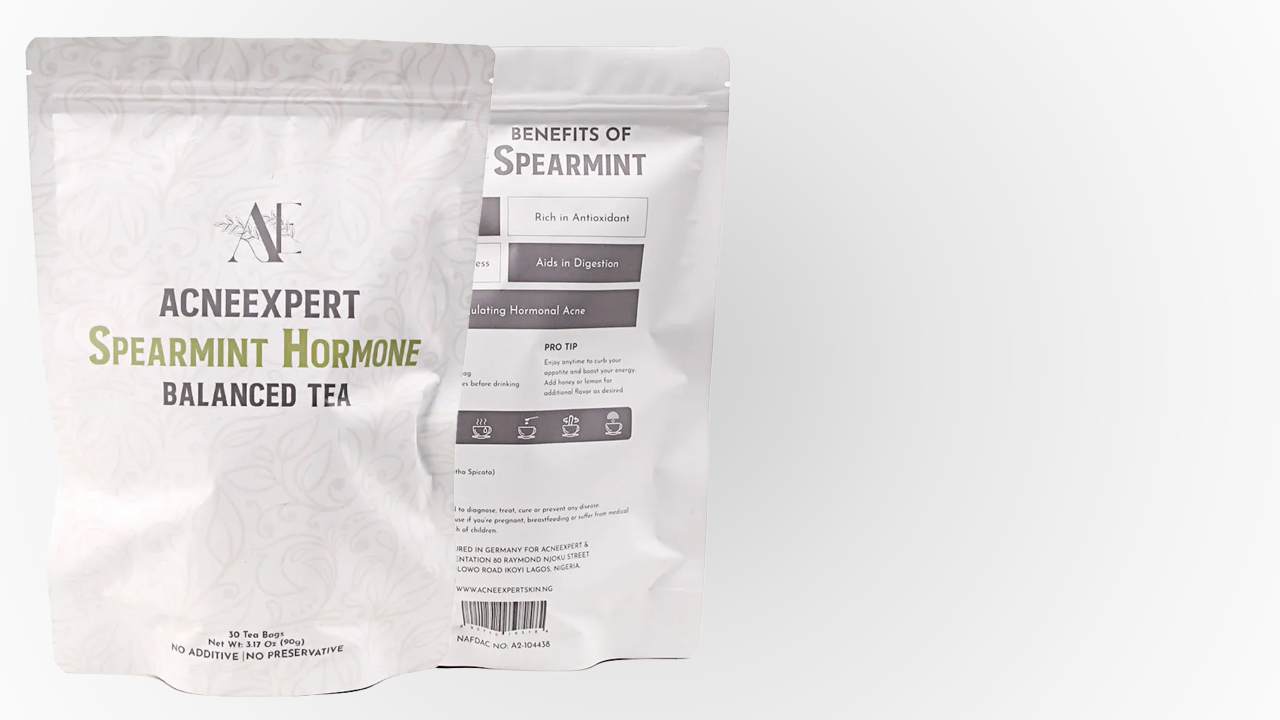When it comes to protecting your skin, especially if you’re prone to acne, sunscreen is your first line of defense. In this article, we’ll clarify what SPF is, explain the dangers of neglecting sunscreen, explore different types of SPF factors, and debunk common myths surrounding sunscreen use.
What is SPF and Why is it Crucial?

SPF stands for Sun Protection Factor, a measure of how well a sunscreen protects your skin from UVB rays, which are responsible for sunburn. Essentially, the higher the SPF, the greater the level of protection. Without adequate sunscreen, you expose your skin to harmful ultraviolet radiation, which can cause severe sunburn, premature aging,increase the risk of skin cancer, and for acne-prone skin, UV exposure can worsen inflammation.
Understanding SPF Factors
Firstly, there are two main types of sunscreens: physical (mineral) blockers and chemical absorbers. Physical blockers, such as zinc oxide and titanium dioxide, sit on top of the skin and reflect UV rays.
In contrast, chemical sunscreens, like avobenzone or octinoxate, absorb UV rays and convert them into harmless heat. Both types come in various formulations, and it is essential to choose a non-comedogenic formula to avoid clogging pores, especially important for those with acne.
Furthermore, it is recommended to use a broad-spectrum sunscreen as it protects against both UVA and UVB rays.
The Dangers of Skipping Sunscreen
Neglecting sunscreen, even on cloudy days, is risky. UV rays can penetrate clouds and cause significant damage, leading to sunburn, accelerated aging, and an increased risk of skin cancers. For individuals with acne, unprotected exposure can trigger further skin irritation and inflammation, complicating your skincare journey.
Debunking Common Sunscreen Myths
Myth: Sunscreen is only necessary on sunny days.
Reality: UV rays are present even on cloudy or overcast days, making daily application essential for effective protection.
Myth: Higher SPF means you can stay in the sun indefinitely.
Reality: No sunscreen offers complete, all-day protection. Even with a high SPF, reapplication every two hours is critical to maintain defense against UV rays.
Myth: Sunscreen causes acne or is too heavy for the skin.
Reality: Many modern sunscreens are formulated to be lightweight and non-comedogenic, meaning they are specifically designed not to clog pores. In fact, protecting your skin from UV damage is a key part of any effective acne regimen.
In summary, SPF is an essential component of any skincare routine, particularly for those battling acne. Understanding the different types of SPF and can help you make informed decisions that protect your skin, maintain its health, and help you achieve a clearer, more radiant complexion.
For more expert skincare tips and updates, be sure to follow our Instagram page and join the Acneexpertskin community. Stay safe, and keep glowing!



